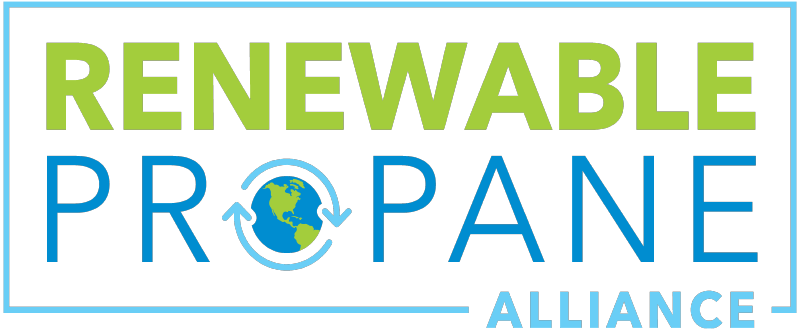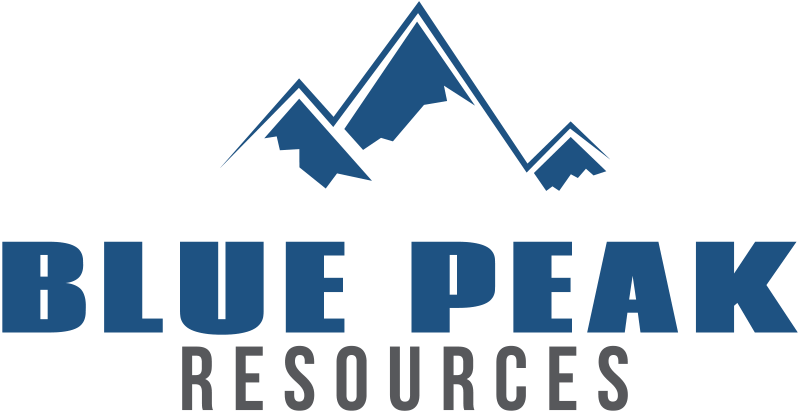Renewable Propane Alliance
Renewable Propane Feedstocks 101
An array of recycled and organic products goes into rPG production.
How do renewable propane producers create a product that offers the efficient, clean-burning energy generation of conventional propane while massively lowering its carbon intensity?
They use organic feedstocks that are sustainably sourced and converted through a process with low carbon intensity. Many of these feedstocks are what most people would consider waste products. Other ingredients are agricultural and forest resources. Often, these items are the same as those used in biodiesel production.
Here’s a breakdown of common feedstocks for renewable propane gas (rPG).
Fats, oils and grease
We all feel a little guilty for eating a greasy meal, but you can feel better knowing that used cooking oils, animal fats and grease, can become clean, renewable energy. These restaurant waste products contribute to the production of biodiesel, rPG and other renewable fuels. And no food production is sacrificed in this process!
Municipal waste
Municipalities produce a lot of refuse. Some paper, plastic, glass and other products can be recycled. Unfortunately, up to 65 percent of global waste ends up in landfills or dumped on land or at sea. Not only is this horrible for soil and clean water, but it also contributes to greenhouse gas emissions.
Luckily, municipal waste provides a valuable feedstock to produce rPG and other renewable fuels. This production chain diverts billions of pounds of waste from landfills each year. And research at MIT is making inroads on a process to convert plastic into rPG!

Forest products and agricultural residue
Dead trees and woody biomass can be wildfire hazards, and disposing of large forest waste products can be challenging. Agricultural waste like leaves and stalks serve little purpose for farmers. Happily, researchers have made fantastic strides in extracting the compounds to generate renewable fuel from these feedstocks.
Soybeans, corn and other agricultural products
Soybean oil and inedible corn oil have been ubiquitous biofuel feedstocks. They significantly contribute to rPG production, supporting American farmers in the process.
There are some lesser-known agricultural resources with potential in the rPG production pipeline.
One promising resource is camelina sativa. Similar to canola, this plant grows in otherwise-fallow land, doesn’t need much water, matures quickly and is resistant to pests. Growing camelina requires few resources and doesn’t displace food crops — and it’s an effective rPG feedstock.
Pongamia pinnata is a member of the pea family that grows widely in Asia, Indonesia and Australia. The seeds of these fast-growing trees have long been used as a leather tanning agent, soap ingredient, lubricant and medicine. Now researchers have found that pongamia is a good resource of natural oils for bioenergy use. The research is in its early stages, but there’s hope it could be a boon for renewable energy and economies where pongamia grows.
Renewable dimethyl ether
One of the most exciting products in the rPG space is renewable and recycled carbon dimethyl-ether (rDME). This gas originates from animal waste and other refuse products. Its chemical properties are nearly identical to propane, and you can store and transport rDME in the same container as propane.
Blending rDME with conventional propane (and rPG) considerably lowers the CI of the resulting blend, potentially into negative territory!
As we speak, the World LPG Association is testing rDME/propane blends to identify the best ratio that can be used in unmodified propane equipment.
Energy Industry Strategists & Advisors

Tom Jaenicke
Specialties: Provides marketing services, technical advice, and business development assistance to privately held and public energy companies, product manufacturers, and support organizations.
Contact Tom
Let me know how I can help with your energy needs. Fill out the form below or give Tom a call at 810.252.7855
We take your personal information very seriously. We will not share any of the information you provide with any 3rd parties. Provided information will be used specifically to contact you in regards to your inquiry.





